
1 cup before bed: end restless nights and repair your nerves
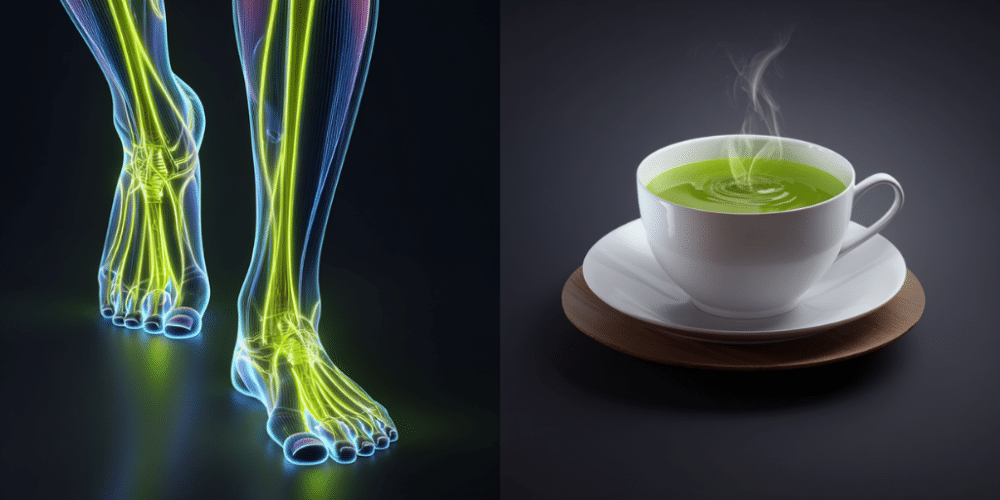
Today, I want to talk to you about one of the most powerful and natural ways to calm nerve damage—particularly the kind that keeps you up at night, tossing and turning, searching for relief. So many people live with that awful tingling, burning, or numbness that turns peaceful rest into a nightly torment. But nature offers some potent solutions, and many of them are hiding in plain sight—right in your kitchen cabinet.
Yes, it’s true: certain plants and herbal infusions can calm these symptoms and help you get better, deeper sleep. But there’s also a surprisingly common beverage—something many of us enjoy in the afternoon—that could be silently sabotaging your body’s ability to regenerate nerve tissue at night.
In this guide, we’ll uncover nine powerful herbal infusions that genuinely help with nerve pain. You’ll also learn which one is the absolute best for deep, restorative rest and exactly how to prepare them so they actually work. Because preparation matters—a lot.
When most people hear about plant-based remedies for nerve pain, they imagine expensive herbs or exotic treatments. But your first and most effective allies might already be in your kitchen. So, let’s dive in and explore what your body really needs to start healing.
Key Takeaways
-
Target the Root Causes: Many herbal teas aren’t just pain relievers—they work by addressing the true underlying causes of neuropathy: high blood sugar, poor circulation, and chronic inflammation.
-
Sleep Is Non-Negotiable: Your body does most of its nerve repair during deep sleep. If your rest is disrupted, your healing is too.
-
Beware of Hidden Saboteurs: A single afternoon habit, like having coffee at 4 p.m., could completely derail your body’s ability to repair nerves overnight.
-
Preparation Is Everything: Brewing your tea incorrectly can turn a healing infusion into weak, flavored water. Simple tweaks can dramatically boost effectiveness.
-
Be Consistent: These are not overnight cures. Healing your nerves naturally takes daily commitment over time—but the rewards are worth it.
9 & 8. Cinnamon and Clove: Blood Sugar Stabilizers & Oxidative Defenders

Imagine a 68-year-old woman who struggles with burning pain in her feet every night. She tries medications, but the relief is always temporary. Then she starts drinking a warm infusion of cinnamon and clove before bed. A few weeks later, the pain starts to ease. Her nights become more manageable. This isn’t folklore—it’s real, evidence-based science.
Cinnamon is a natural blood sugar regulator. Blood sugar spikes during sleep can be devastating to your nerves. They trigger a process called glycation, where excess sugar sticks to nerve proteins, causing irreversible damage. Just half a teaspoon of cinnamon in hot water helps stabilize glucose levels and protects your nerve endings while you sleep.
Clove, on the other hand, delivers eugenol, a powerful antioxidant. It protects nerve cells from oxidative stress and damage—the kind that builds up silently over time. Even better, clove also acts as a mild, natural pain reliever, thanks to its analgesic effects.
Together, cinnamon and clove make a powerful team: cinnamon protects against sugar damage, clove against oxidative stress. They target two of the biggest contributors to neuropathy—at the same time.
How to prepare it:
-
Boil one cup of water.
-
Turn off the heat.
-
Add ½ teaspoon of cinnamon powder and 2 whole cloves.
-
Cover the cup and steep for 10 minutes.
-
Drink 30–60 minutes before bedtime.
💡 Bonus Tip: Use Ceylon cinnamon (true cinnamon) for safer, daily use.
7. Ginkgo Biloba: The Circulation Enhancer

Ginkgo biloba is often praised for its memory-enhancing properties, but its ability to improve blood circulation to your nerves is where the real magic lies—especially if you suffer from peripheral neuropathy.
Your nerves need a steady supply of oxygen and nutrients to repair themselves. If circulation is poor, healing stalls. Ginkgo contains flavonoids and terpenoids that dilate tiny capillaries—the micro-vessels that deliver blood to your nerve endings.
What makes ginkgo especially valuable are its unique compounds called ginkgolides, which gently reduce blood viscosity. This improves blood flow to the farthest reaches of your nervous system—without the harsh effects of pharmaceutical blood thinners.
The result? Less numbness, less tingling, and fewer sharp pains at night. While it’s not a sedative, ginkgo can help you sleep more deeply by reducing the pain that wakes you up in the first place.
How to prepare it:
-
Use 1 teaspoon of dried ginkgo leaves per cup.
-
Steep in hot (not boiling) water for 15 minutes.
-
Always cover the cup to preserve volatile healing compounds.
⚠️ Note: If you're on blood thinners, consult your doctor before using ginkgo.
The Hidden Enemy: Your Afternoon Coffee
Before we get to more healing plants, we need to address a common habit that could be canceling out all your efforts. It's not what you're drinking—it's when.
Coffee, green tea, black tea, even dark chocolate—all contain caffeine. And while a morning cup may boost focus and even offer antioxidant benefits, caffeine lingers in your system for up to 8 hours.
If you drink coffee at 4 p.m., it’s still active in your brain at midnight.
Even if you fall asleep, caffeine disrupts the deepest stages of sleep—the ones where your body produces nerve growth factors, repairs myelin sheaths, and reduces neuroinflammation. It’s like your nervous system’s version of a night shift repair crew—and caffeine sends them all home early.
Bottom line: No matter how many herbs you drink, if caffeine is in your system, your nerves can’t repair properly.
Golden Rule:
-
No caffeine after 2 p.m.
-
This includes coffee, green tea, black tea, matcha, energy drinks, and dark chocolate.
-
Give your body a full 10-hour caffeine-free window to maximize nerve healing during sleep.
6. Passionflower: Breaking the Stress-Pain Cycle
For many people, neuropathy is made worse by anxiety and chronic stress. Every strange nerve sensation becomes a signal that something is wrong, triggering panic. And that panic releases cortisol, a stress hormone that ramps up inflammation and heightens pain sensitivity.
It’s a vicious cycle: more pain → more stress → more pain.
Passionflower offers a powerful way to break this loop. It works by increasing the levels of GABA (gamma-aminobutyric acid) in your brain—a neurotransmitter that acts like a brake pedal on your nervous system. GABA slows down nerve firing, calms anxiety, and dulls the intensity of pain signals.
Unlike pharmaceutical sedatives, passionflower won’t leave you feeling foggy or groggy. It promotes calm without sedation. That makes it perfect not only for nighttime use, but also for daytime anxiety flare-ups.
How to prepare it:
-
Use 1 teaspoon of dried passionflower.
-
Steep in hot water for 10 minutes.
-
Drink 30 minutes before bed, or whenever stress begins to trigger nerve pain.
🌿 Pro Tip: Combine passionflower with lemon balm or chamomile for a synergistic calming effect.
5. Lavender: Soothing Nerves Through Your Sense of Smell
Not every remedy for neuropathic pain needs to be swallowed. Sometimes, the most powerful tools for healing work through your nose. In fact, some of the most progressive chronic pain clinics are now using lavender aromatherapy as a non-invasive, drug-free solution for nerve-related discomfort.
But how does simply inhaling a scent influence nerve pain?
Lavender essential oil interacts directly with the limbic system, the emotional processing center of your brain. This is crucial because pain is not just a physical sensation—it's an emotional and psychological experience as well. Lavender helps reframe how your brain perceives pain, shifting it from a threat to a background signal, reducing the emotional distress that often amplifies nerve pain.
More specifically, lavender calms the sympathetic nervous system—your fight-or-flight response—which is often overactive in people with chronic nerve pain. When the body is constantly on edge, even minor nerve misfires can feel overwhelming. Lavender gently dials down this stress, making the same pain feel less sharp, less urgent, and more manageable.
How to use it:
Add 5 drops of lavender essential oil to a diffuser in your bedroom 30 minutes before sleep.
Or, mix 10 drops into a spray bottle with distilled water, and lightly mist your pillow.
For on-the-go support, dab a drop on your wrists or behind your ears.
🌿 Bonus: Lavender is completely safe to combine with medications or other herbal treatments. It adds an extra layer of relief without any risk of interaction.
Pro Tip: Are You Brewing Your Tea the Right Way?
Before we move forward, it’s time to address a mistake that undermines nearly every herbal remedy: improper tea preparation.
Most people don’t realize that the temperature of your water and the brewing method dramatically impact the medicinal potency of your tea.
Here’s what most get wrong:
Pouring boiling water over delicate flowers or leaves like lavender, chamomile, lemon balm, or passionflower destroys their volatile oils—the very compounds that bring calm and healing.
These essential oils evaporate almost instantly in extreme heat, robbing your infusion of its benefits.
The simple fix:
For flowers and soft leaves, use water at 175°F (80°C)—the temperature where small bubbles start forming, just before a full boil.
Always cover your cup during steeping. That rising steam isn’t just water—it contains the active ingredients. Without a lid, you can lose up to 40% of your infusion’s therapeutic effect.
✅ Root Rule: For tougher herbs like valerian root or ginger, boiling water is necessary to extract the compounds locked deep in their fibers.
4. Valerian Root: The Queen of Deep, Restorative Sleep
Let’s talk about one of the most underrated but essential components of nerve healing: deep, restorative sleep—and valerian root is the undisputed queen.
Yes, valerian has a funky, earthy scent that some compare to gym socks. But behind that smell is a powerful compound called valerenic acid, which doesn’t sedate your body—it trains your brain to sleep better. That’s a critical distinction.
Valerian doesn’t force your body to sleep like a pharmaceutical sedative does. Instead, it gently encourages your brain to spend more time in REM and deep sleep cycles—the very stages where nerve regeneration, tissue repair, and myelin rebuilding occur.
The key is consistency. A single cup won’t change much. But nightly use over 3–4 weeks can reorganize your sleep architecture, helping you stay in the healing phases longer, night after night.
How to prepare it:
Use 1 teaspoon of dried valerian root per cup of water.
Simmer gently on low heat for 2 minutes, then turn off the heat.
Let it steep, covered, for 15 minutes.
Drink 30 minutes before bed.
🌙 Note: Don’t mix with alcohol or strong sedatives. This is a gentle, long-term ally, not a knockout remedy.
3. Turmeric: The Golden Warrior Against Inflammation
Now that you’re sleeping more deeply with valerian, it’s time to target nerve inflammation head-on—and nothing does that better than turmeric, your golden kitchen ally.
Turmeric’s primary healing compound, curcumin, is a rare natural anti-inflammatory that crosses the blood-brain barrier. This means it can reach deep into your central nervous system where many pharmaceutical anti-inflammatories can’t.
But there’s a problem: curcumin has very low bioavailability—your body struggles to absorb it unless it’s combined with the right partners.
Here’s the fix:
Black pepper (which contains piperine) boosts curcumin absorption by up to 2,000%.
Healthy fats also improve uptake since curcumin is fat-soluble.
Try this healing bedtime drink: Golden Milk
Warm 1 cup of plant-based milk (like almond, oat, or coconut).
Stir in ½ teaspoon of turmeric, a pinch of black pepper, and ¼ teaspoon of coconut oil.
Optional: Add cinnamon or honey for flavor.
Drink 30–60 minutes before bed to reduce deep nerve inflammation overnight.
🌟 Tip: Turmeric works best when used daily for at least 3 weeks.
2. Peppermint: Soothing the Gut-Nerve Connection
What does your gut have to do with nerve pain? More than you might think.
Poor digestion and gut inflammation can silently trigger or worsen neuropathy. When your intestines are inflamed, tiny particles leak into the bloodstream—a condition called leaky gut. These inflammatory agents then travel throughout the body, irritating already-sensitive nerves.
Peppermint is your natural ally here. Its key compound, menthol, relaxes the smooth muscle in your digestive tract, improving movement, reducing gas, and calming inflammation in your gut lining.
But peppermint doesn’t stop there—it also provides mild muscle-relaxing and analgesic effects that help reduce tension and pain sensations in the limbs.
How to use it:
After each meal, steep 1 sprig of fresh mint (or ½ tsp dried) in hot water (not boiling) for 5 minutes.
Drink slowly, allowing the menthol vapors to relax your system.
🌿 Double benefit: Improves digestion and reduces the peripheral inflammation that exacerbates nerve sensitivity.
1. Lemon Balm: Hacking the Vagus Nerve for Calm and Repair
Finally, we come to one of the most powerful yet underappreciated herbs for nerve healing: lemon balm.
What makes lemon balm unique is that it doesn’t just act on the nerves directly—it works through the vagus nerve, a key communication highway between your gut and brain. The vagus nerve controls your parasympathetic nervous system—the “rest and repair” mode that lowers stress, promotes healing, and reduces pain sensitivity.
Most people don’t realize that 70% of signals on the vagus nerve travel from the gut to the brain, not the other way around. When your gut tells your brain it’s safe and calm, your nervous system shifts into a healing state. Lemon balm activates this process naturally.
Its active compounds—citronellal and rosmarinic acid—bind to receptors in your gut, sending calming signals through the vagus nerve all the way to the brain. The result? Lower anxiety, reduced nerve hypersensitivity, and enhanced recovery while you sleep.
How to prepare it:
Use 5 fresh leaves or 1 teaspoon dried lemon balm.
Steep in 160°F (70°C) water for 7–10 minutes, covered.
Drink in the evening or during times of heightened anxiety.
🌱 Grow your own! Lemon balm is easy to cultivate in a small pot. Fresh leaves are 3x more potent than dried.
Conclusion: Your Natural Path to Nerve Recovery
Each of the nine plants we’ve explored works on a different root cause of neuropathy:
Cinnamon & Clove: Blood sugar and oxidation
Ginkgo: Microcirculation
Lavender & Passionflower: Stress modulation
Valerian: Sleep architecture
Turmeric: Chronic inflammation
Peppermint: Gut-related inflammation
Lemon Balm: Parasympathetic activation
There’s no silver bullet—but there is synergy. When used consistently and prepared correctly, these natural allies create an environment where your body can do what it’s designed to do: heal.
You don’t have to choose all nine. Start with 2–3 that resonate most with you and your needs. Use them daily. Avoid the hidden saboteurs (like afternoon caffeine). And give yourself time.
Every cup is a small step toward restoring calm, comfort, and control over your
News in the same category


5 foods that heal your body and STARVE cancer—eat these now!

Preventing Stroke At Any Age: 3 “Don’ts” After Meals—And 4 “Don’ts” Before Bed

The Truth About “Old Person Smell”: What Causes It And How To Get Rid Of It

12 surprising foods that help dissolve blood clots naturally

New B::l:ood Pressure Guidelines: 4 Things I Like and 2 Concerns

Intuitive Eating: A Non-Diet Approach Your Patients May Love

Global Prevalence of Hidradenitis Suppurativa Approaches 1%

Who Should Avoid Eating Chicken Feet?
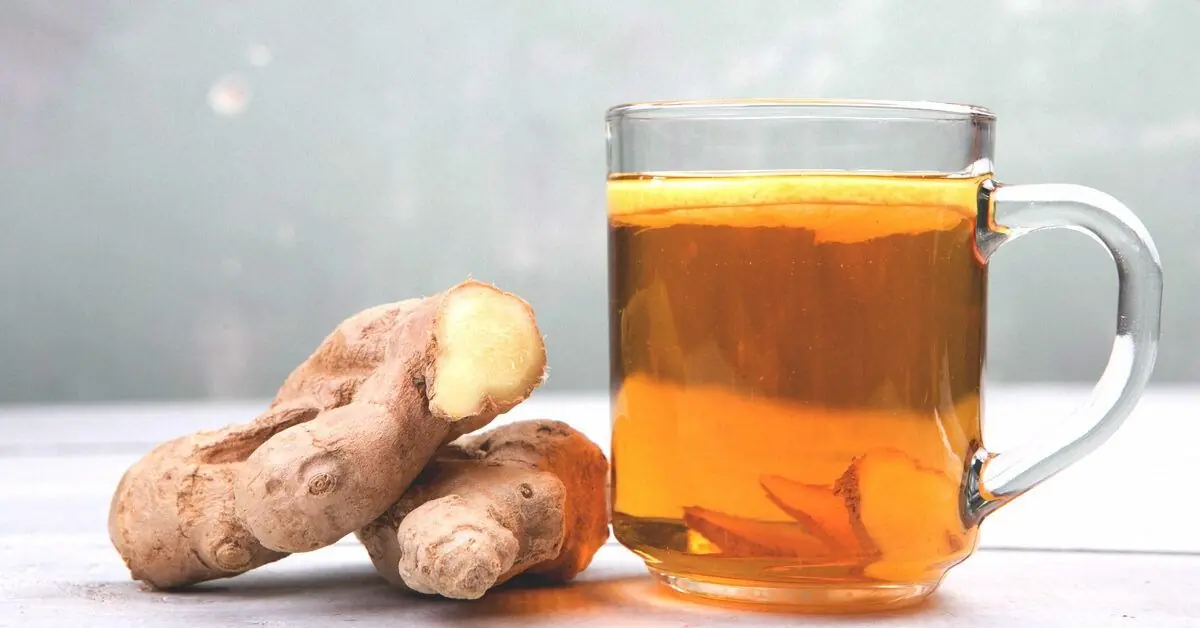
Here’s How To Get Rid of Sinus Infections Naturally, No Antibiotics Required!
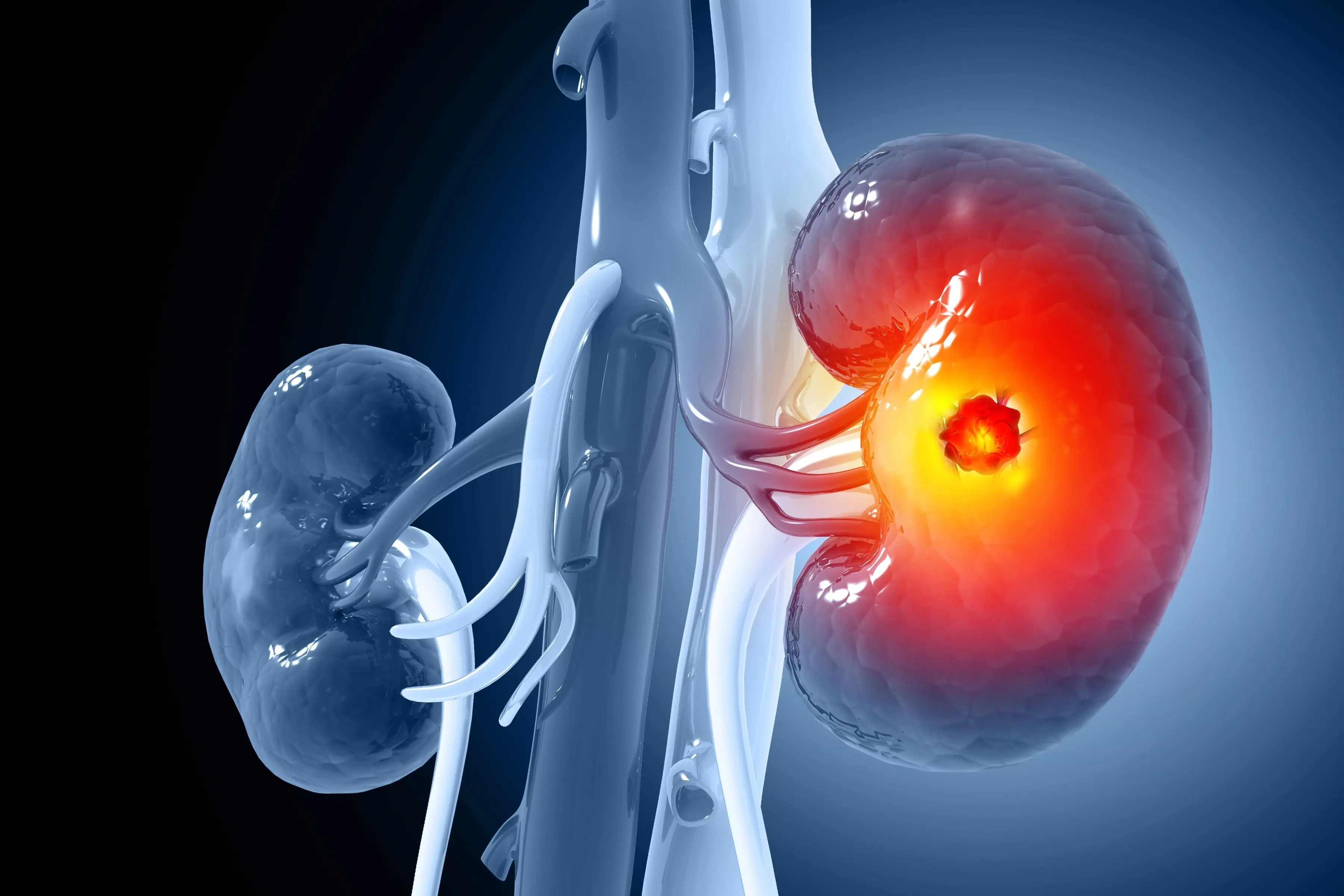
If You’re Experiencing THESE Symptoms, Your Kidneys May Be at Risk
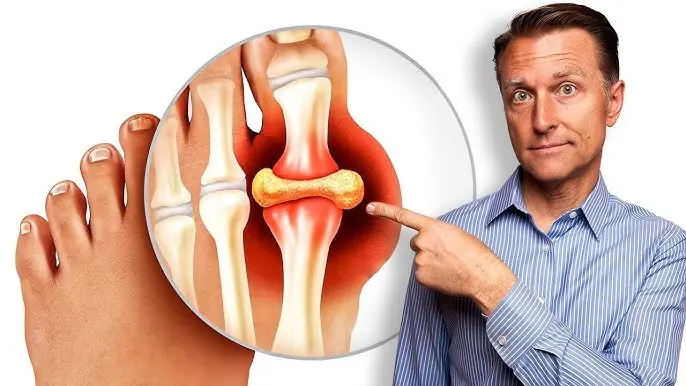
Best Natural Gout Treatments to Remove Uric Acid Crystallization and Prevent Gout And Joint Pain

Commonly Overlooked Signs Your Body Is Starving for Iron
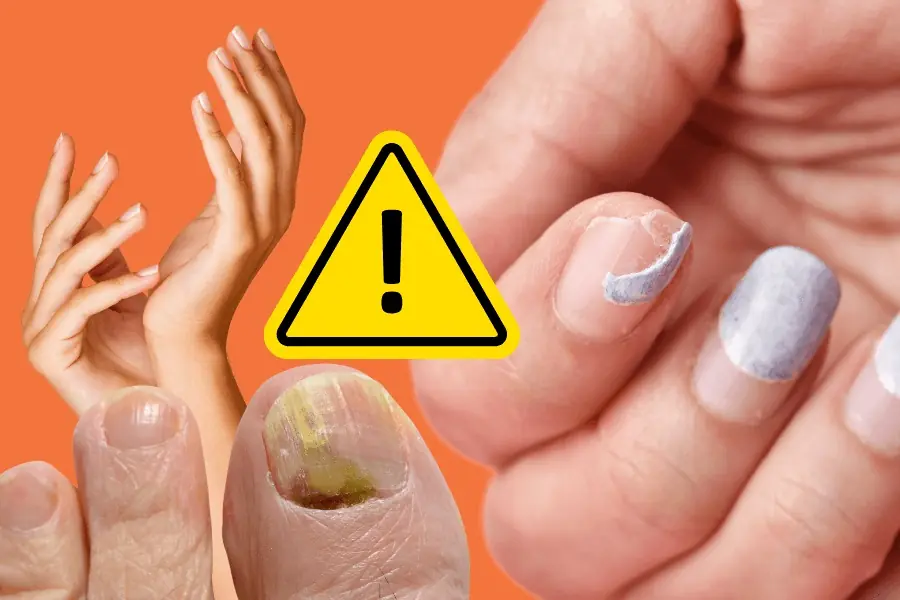
If Your Nails Show These 10 Signs, See a Doctor Immediately

What’s Really Causing Your Leg Cramps at Night and How to Finally Stop Them

Amazing vitamin can help stop cancer growth and this is how much you need

5 Unusual Signs Of Colon Cancer Folks Accidentally Ignore For Years

13 Early Warning Signs Your Blood Sugar is SUPER High
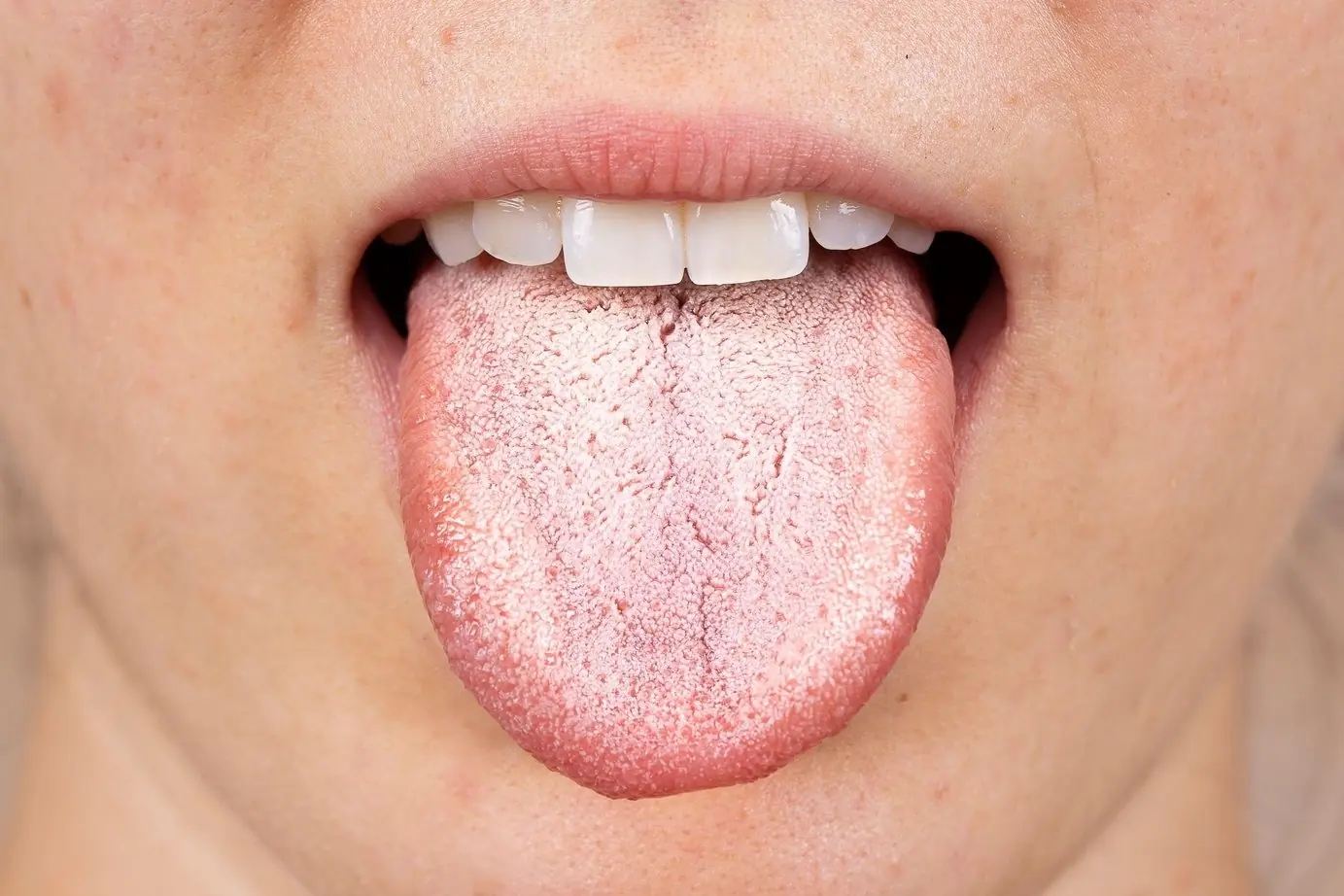
This Hidden Candida Symptom Starts in Your Mouth and Almost Everyone Misses It
News Post

Delta Pilot Spends Year’s Salary to Fly 112 Friends to Hawaii for Epic Retirement Sendoff

5 foods that heal your body and STARVE cancer—eat these now!
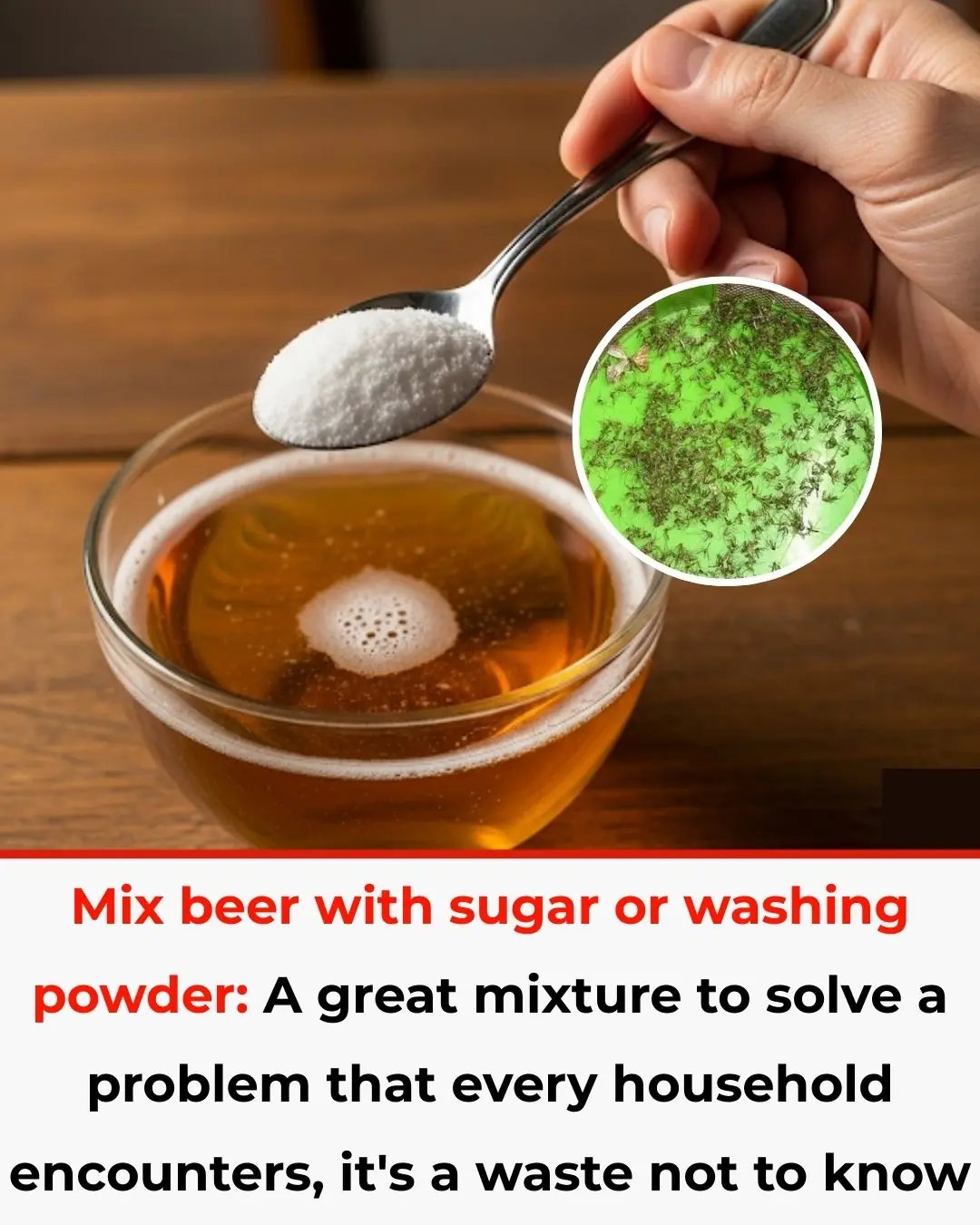
Mixing Beer with Sugar or Detergent: A Brilliant Solution to a Common Household Problem You Shouldn’t Miss

A Wild Herb That Grows Like Weeds, Used in Soups to Nourish the Liver and Strengthen Joints, Yet Most Vietnamese People Always Pull It Out When They See It

Is It Safe to Eat Rice Left Overnight in a Rice Cooker? A Personal Story and Expert Advice

Unbelievable footage shows moment Ukraine blows up two key Russian bridges using their own mines amid WW3 fears

Preventing Stroke At Any Age: 3 “Don’ts” After Meals—And 4 “Don’ts” Before Bed

Apple’s iPhone Users Are Justifiably Concerned By The New Meaning Of The Orange Dot On Their Screens

The Truth About “Old Person Smell”: What Causes It And How To Get Rid Of It

12 surprising foods that help dissolve blood clots naturally

Drinking perilla and lemon leaf tea brings these amazing health benefits to your body

Using just a handful of Paederia foetida leaves, even severe lung inflammation can clear within a week — with results that surprise everyone.

5 Essential Life Skills Children Should Learn Early to Protect Themselves and Help Others

New B::l:ood Pressure Guidelines: 4 Things I Like and 2 Concerns

Intuitive Eating: A Non-Diet Approach Your Patients May Love

Saw This Trick For Oven Cleaning

Global Prevalence of Hidradenitis Suppurativa Approaches 1%

Who Should Avoid Eating Chicken Feet?
